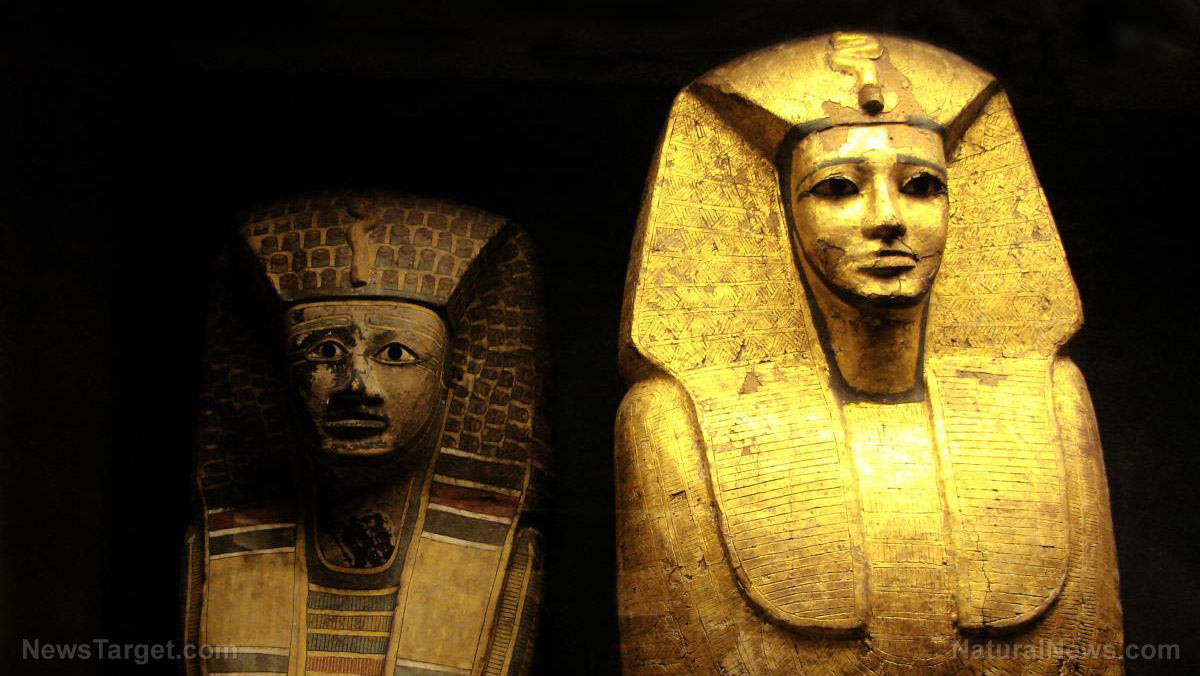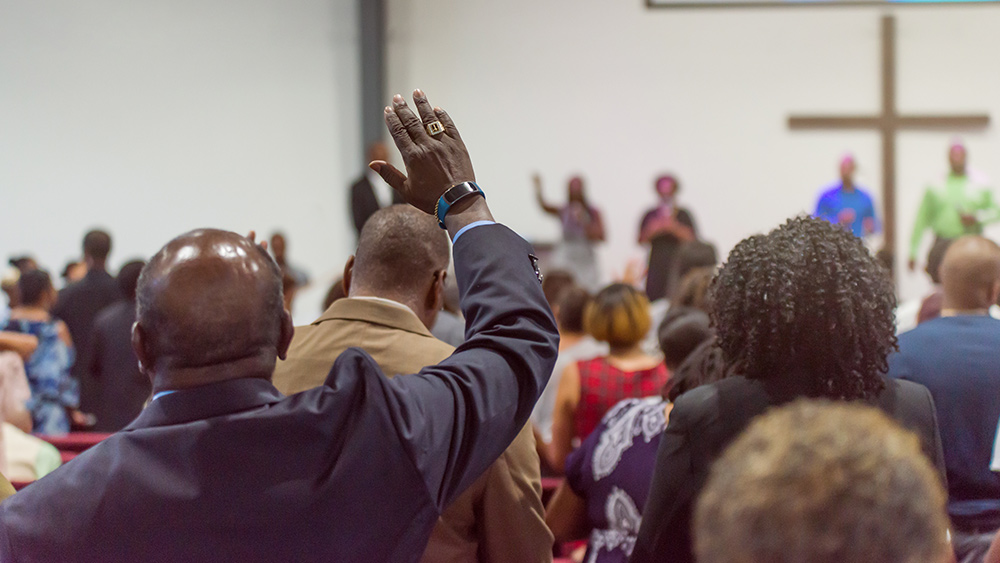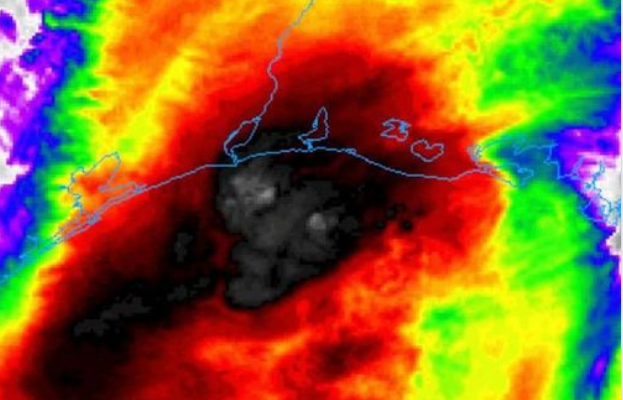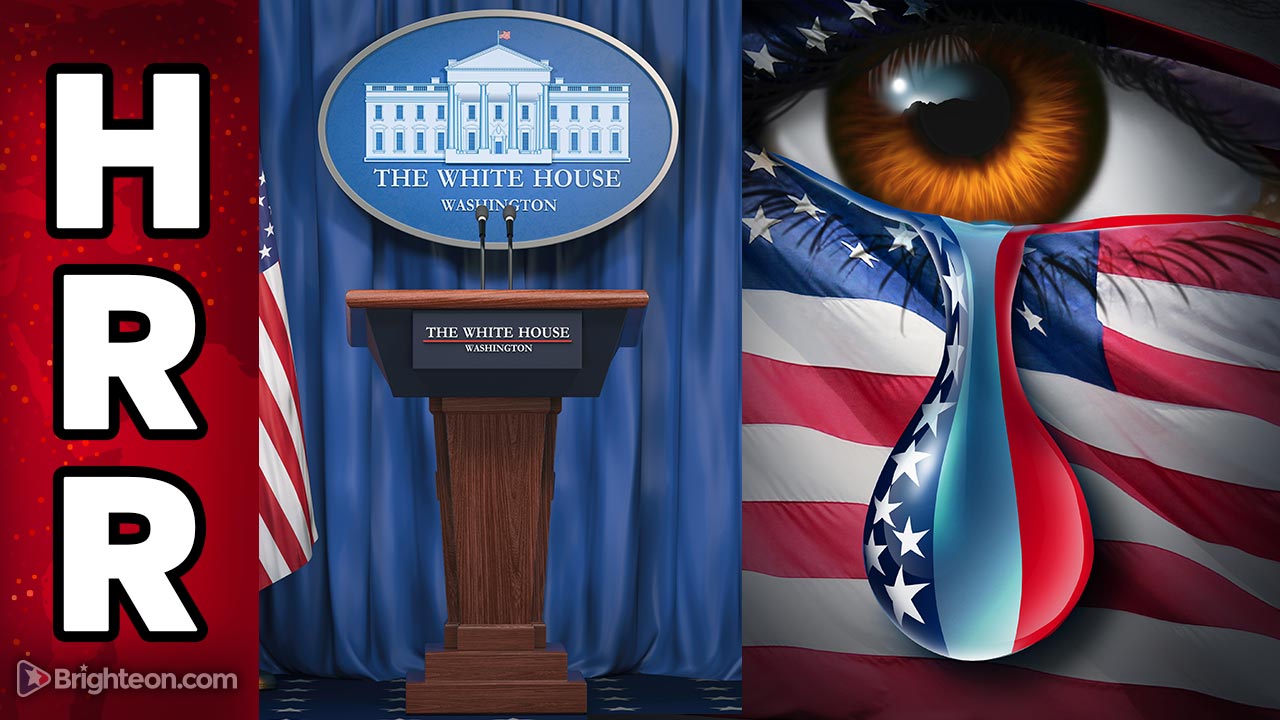 Parler
Parler Gab
Gab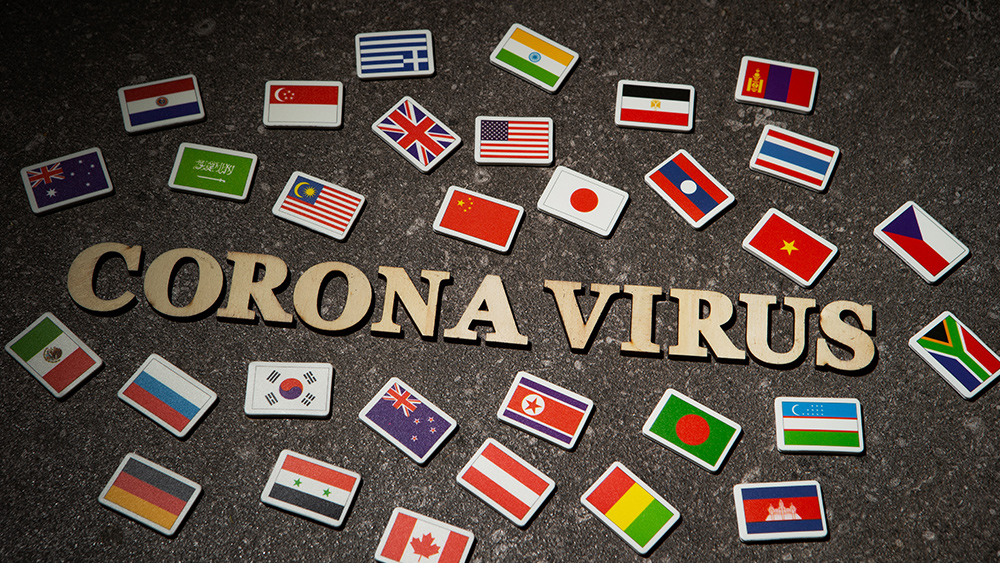
US expresses support for global pandemic treaty
The pandemic treaty is not expected to be completed to the satisfaction of most WHO member states for several years. But the U.S. has already expressed support for its drafting. "Over and over, COVID has reminded us that it will not go down easily and that we must act together," said Department of Health and Human Services Secretary Xavier Becerra. "The United States is committed to working with member states to take forward the recent recommendations of the working group on preparedness and response," said White House Press Secretary Jen Psaki. "That includes developing a new WHO convention agreement or other international instrument and making agreements to improve the effectiveness and agility of international health regulations." A bloc of nations led by the U.S. initially opposed the inclusion of language in the future pandemic treaty that would have made the treaty legally binding. But the White House later came out with a statement supporting the first draft resolution negotiated by the World Health Assembly. The international body formed to negotiate the treaty will hold its first meeting on or before March 1, 2022. The agenda for this meeting will be to agree on timelines regarding the drafting of the treaty. The second meeting will be held on or before Aug. 1, 2022. The agenda of this second meeting will be to discuss progress on a working draft of the treaty. In between these official meetings, the WHO and treaty negotiations will hold public hearings to inform the public of its decisions. A progress report will be formally delivered to the 76th World Health Assembly in 2023. The final agreement will be submitted to the 77th World Health Assembly in 2024 for consideration. Learn more about how the WHO is trying to control public health policy through so-called pandemic treaties and other international agreements at Pandemic.news. Sources include: ClimateDepot.com Reuters.com VOANews.com BMJ.comSteve Quayle: Truth about aliens and destruction of human race will be revealed
By Kevin Hughes // Share
They are screwing with the weather maps: SUN is BAD!
By News Editors // Share
“Morally and intellectually corrupt”: UCLA professor resigns in protest over viewpoint intolerance
By News Editors // Share
‘Openly queer teacher’ admits to socially transitioning 3rd grade students
By News Editors // Share
Governments continue to obscure COVID-19 vaccine data amid rising concerns over excess deaths
By patricklewis // Share
Tech giant Microsoft backs EXTINCTION with its support of carbon capture programs
By ramontomeydw // Share
Germany to resume arms exports to Israel despite repeated ceasefire violations
By isabelle // Share
